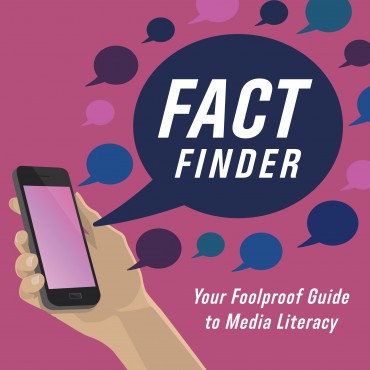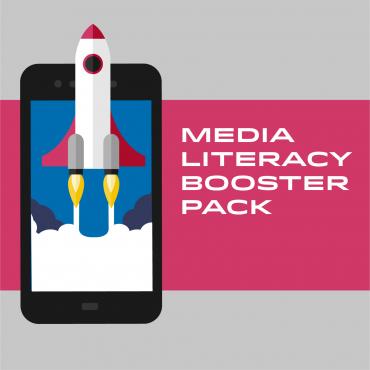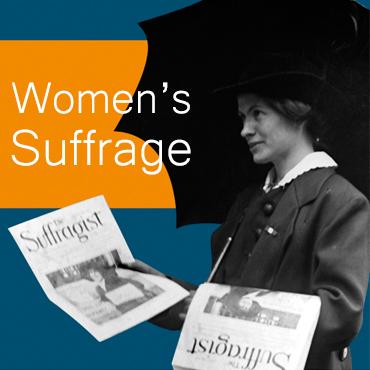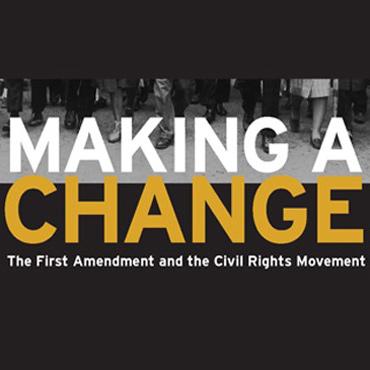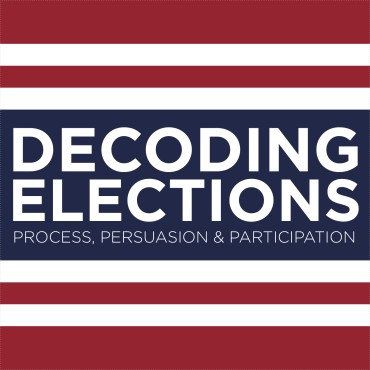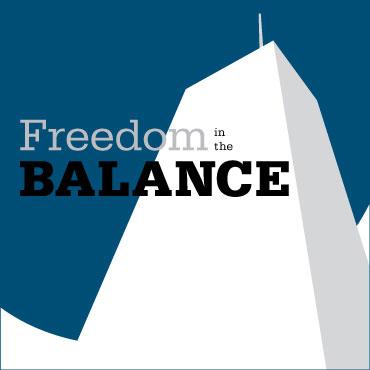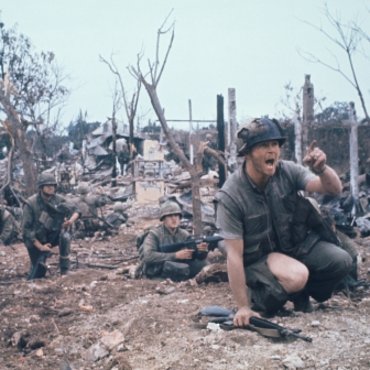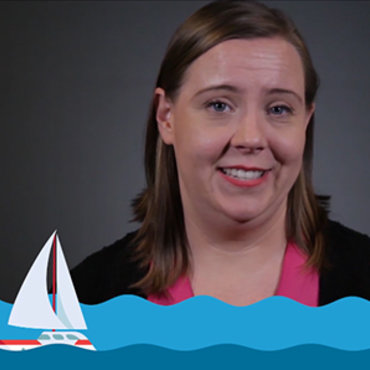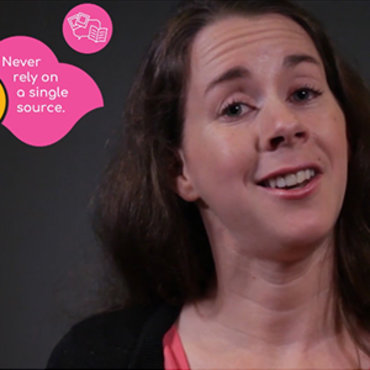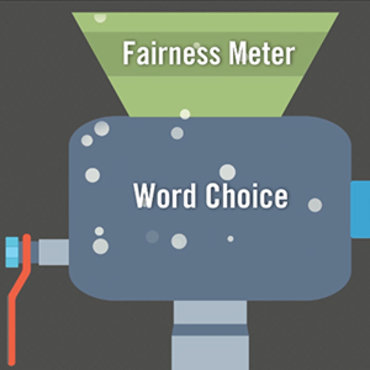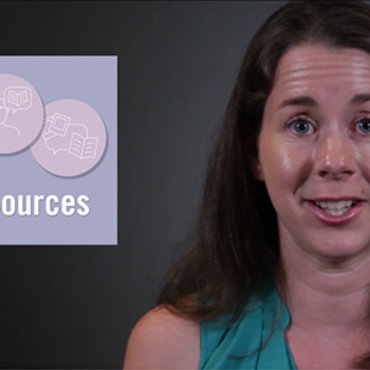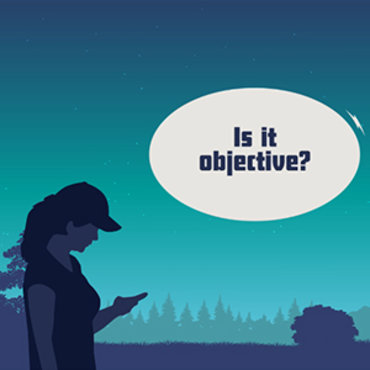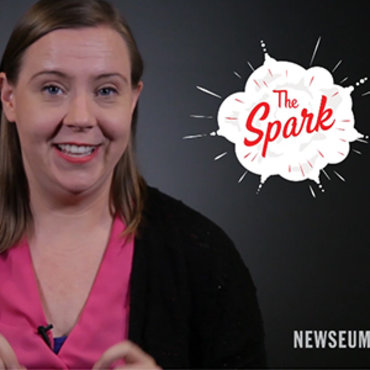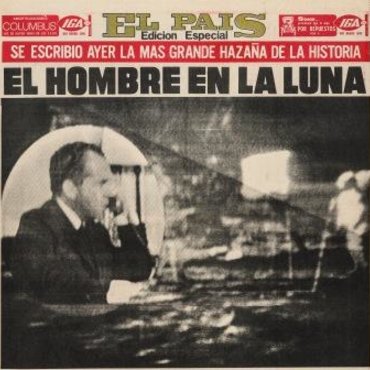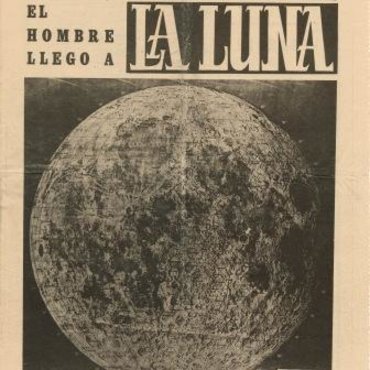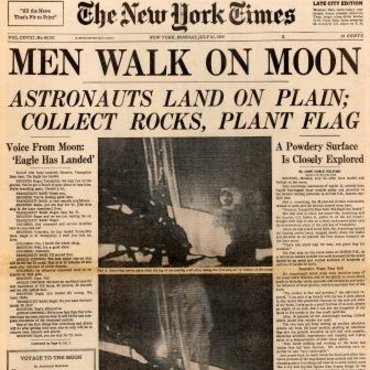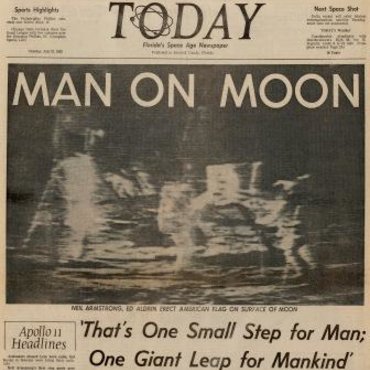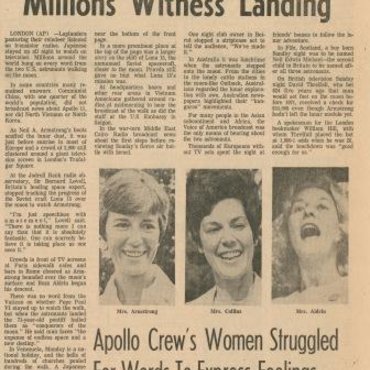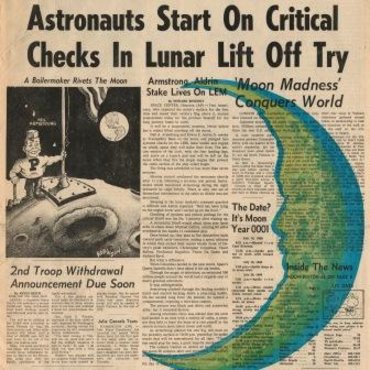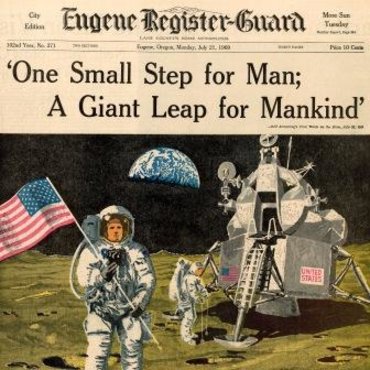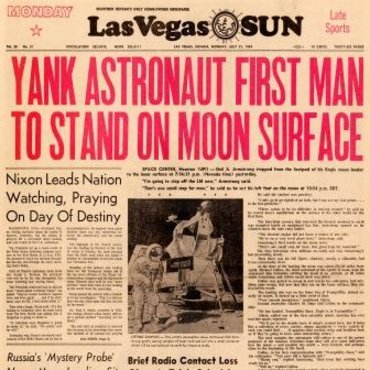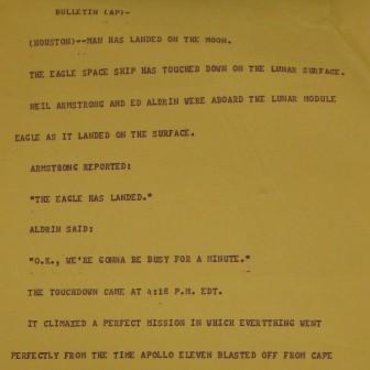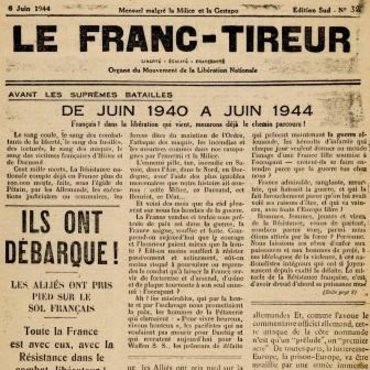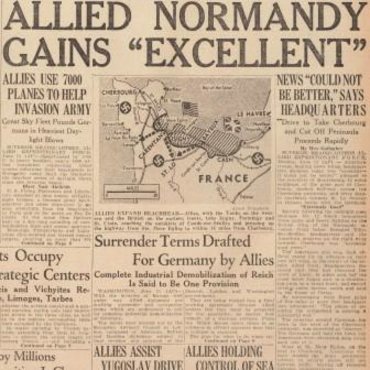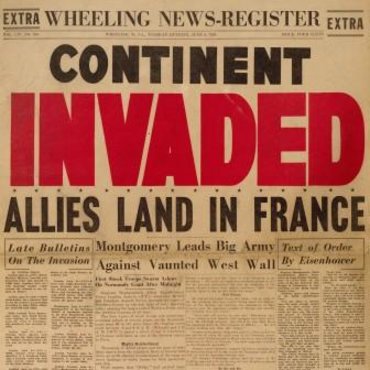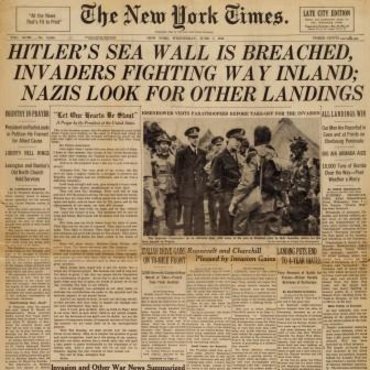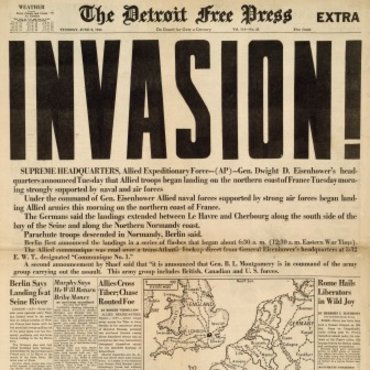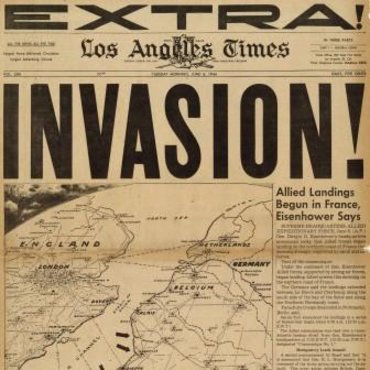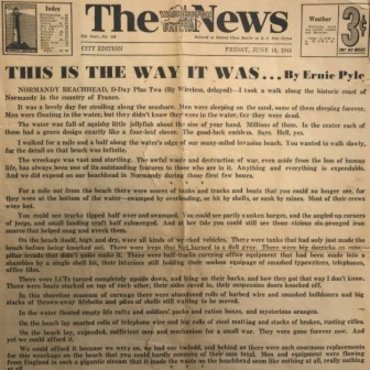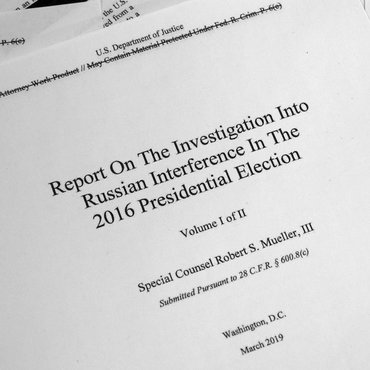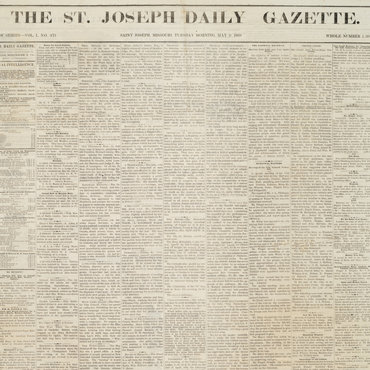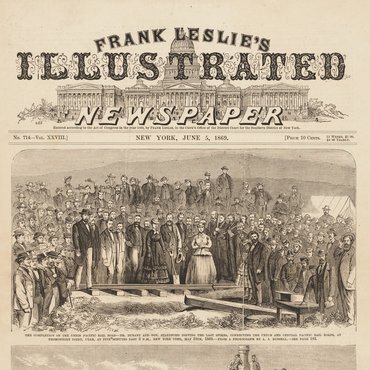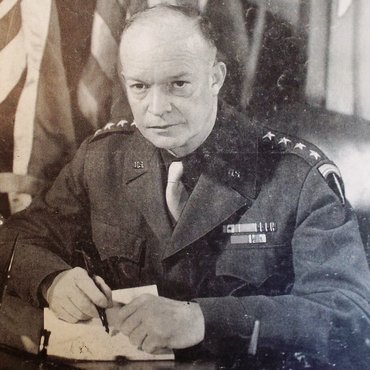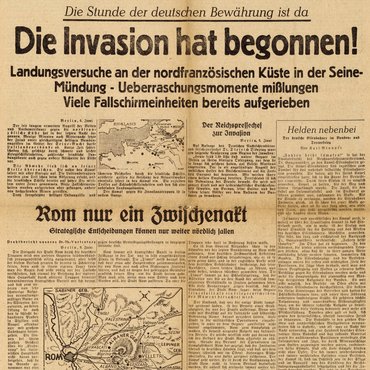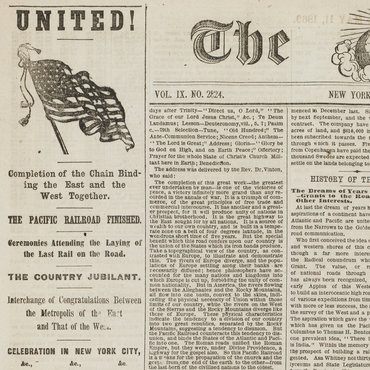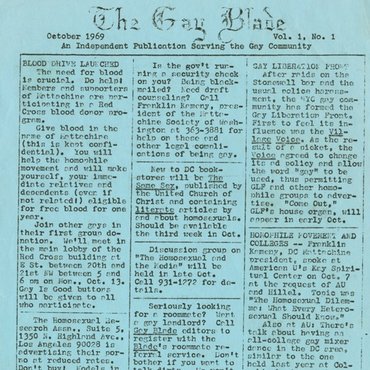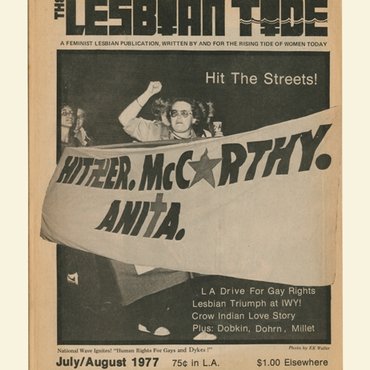
News About My Community
Students conduct online and oral research to discover how the local news reflects their community's interests.
Get even more great free content!
This content contains copyrighted material that requires a free NewseumED account.
Registration is fast, easy, and comes with 100% free access to our vast collection of videos, artifacts, interactive content, and more.
NewseumED is provided as a free educational resource and contains copyrighted material. Registration is required for full access. Signing up is simple and free.
With a free NewseumED account, you can:
- Watch timely and informative videos
- Access expertly crafted lesson plans
- Download an array of classroom resources
- and much more!
- Journalism
- 6-8
- Ask: What do you know about your community? Who lives there? What are their interests?
- Distribute the worksheet and give students time to complete the census activity.
- Have students identify a local resident to interview and prepare five questions to ask this person, in addition to the three questions provided.
- For homework, students interview the resident, then analyze a local newspaper front page (print edition or homepage). Optional: You could adapt the lesson plan to include watching a local television newscast.
News About My Community worksheet (download), one per student
Copies of at least one local newspaper’s front page or its homepage
Internet access. Bookmark the United States Census Bureau's website with local census reports: https://www.census.gov/quickfacts/
As a group, students compare and contrast their findings. Questions include:
- How similar or different are residents’ interests? Why do you think that is?
- What news source are residents most likely to turn to for local news? Other news?
- How closely do the front page stories reflect your interviewee’s interests? The common interests of the residents?
- Based on the census data, how closely do you think the front page stories respond to community interests? Explain your reasoning.
- How well do the news sources cover topics interesting to you? If you can’t find stories that interest you, how could you change that?
-
NCSS C3 Framework: D3.1.6-8 and D3.1.9-12
6 - 8: Gather relevant information from multiple sources while using the origin, authority, structure, context, and corroborative value of the sources to guide the selection. 9 - 12: Gather relevant information from multiple sources representing a wide range of views while using the origin, authority, structure, context, and corroborative value of the sources to guide the selection
-
ISTE: 3a. Knowledge Constructor
Students plan and employ effective research strategies to locate information and other resources.
-
National Council of Teachers of English: NCTE.7
Students conduct research on issues and interests by generating ideas and questions, and by posing problems. They gather, evaluate, and synthesize data from a variety of sources (e.g., print and non-print texts, artifacts, people) to communicate their discoveries in ways that suit their purpose and audience. -
National Council of Teachers of English: NCTE.8
Students use a variety of technological and information resources (e.g., libraries, databases, computer networks, video) to gather and synthesize information and to create and communicate knowledge. -
National Council of Teachers of English: NCTE.12
Students use spoken, written, and visual language to accomplish their own purposes (e.g., for learning, enjoyment, persuasion, and the exchange of information).

